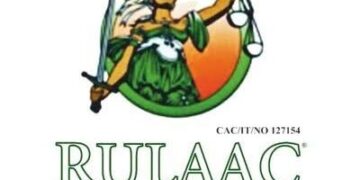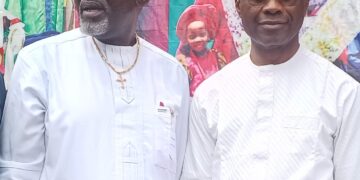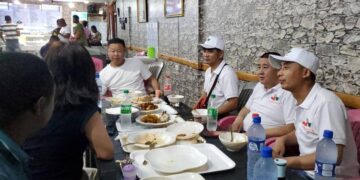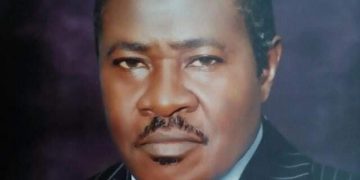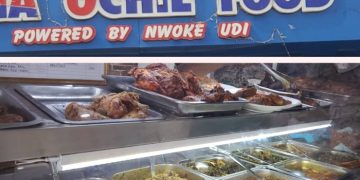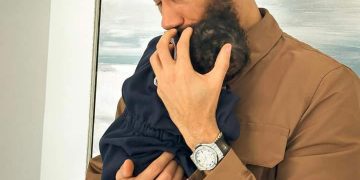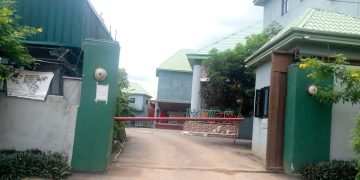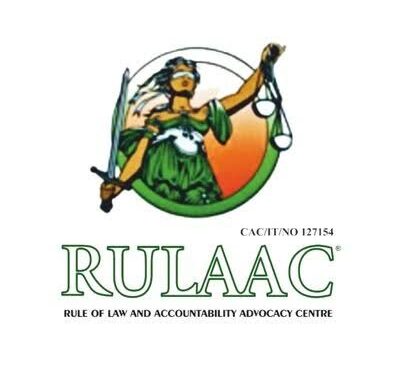Still On The Mysteries of Tiger Base: When Innocence Is No Defense
By RULAAC
How many still remember the perplexing case of Mr Thaddeus Ikechukwu Ojokoh — the tailor from Ahiazu Mbaise, Imo State, who was abducted in broad daylight by operatives of the notorious Tiger Base in Owerri?
His case remains one of the most disturbing illustrations of the unchecked power and lawlessness associated with Tiger Base, and it is one in which the Rule of Law and Accountability Advocacy Centre (RULAAC) actively intervened.
We had called on the then Inspector-General of Police (IGP), Usman Baba Alkali, to urgently order an independent investigation into Ojokoh’s continued detention and the alarming attempt to frame him for a crime he could not have committed.
Mr Ojokoh, a 53-year-old father of five, was arrested on April 15, 2023, by operatives of the Anti-Kidnapping Unit — known as Tiger Base. As is too often the case, he was detained incommunicado, without access to his family or legal representation. Yet on April 30, the Imo State Police Command issued a statement listing him among suspects who had allegedly killed police officers in Ngor-Okpala — an incident that occurred on April 21, six days after he had been taken into custody.
This contradiction was not only shocking; it was a blatant violation of logic and justice. How could a man in police custody be among those who carried out an attack while he was already detained? Has the presumption of innocence been so thoroughly eroded that suspects are now simply declared guilty — or worse, paraded for crimes they could not possibly have committed?
Ojokoh’s family in Ahiazu Mbaise confirmed to RULAAC that he had remained in detention throughout. His secret incarceration placed him at grave risk of extrajudicial execution — a common fate for many falsely labeled as members of the Indigenous People of Biafra (IPOB). We have seen far too many such cases in Imo State and across the Southeast: suspects picked up arbitrarily, denied access to justice, summarily executed, or disappeared — only for the truth to emerge later, often too late.
Let us be clear: RULAAC does not excuse or minimize the gravity of attacks against police officers. Such acts are indefensible and must be punished in accordance with the law. But justice must never be pursued through falsehoods or scapegoating. Framing innocent people not only destroys lives but also undermines public confidence in law enforcement institutions. The illegal and prejudicial media parade of suspects — often a precursor to extrajudicial killing — has no place in a society governed by law.
We had urged the IGP to:
1. Order an independent investigation into the arrest, detention, and attempted framing of Thaddeus Ojokoh.
2. Ensure that he was either charged to court promptly or released if no evidence existed to justify his detention.
3. Guarantee access to his family and legal representatives.
4. Address the pervasive culture of impunity, especially within Tiger Base and similar units in Imo State.
Eventually, in what appeared to be a face-saving measure, the police quietly charged Mr. Ojokoh to court. But even that step, long overdue, has been followed by delays and a stalled case — a continuation of the injustice.
The Nigerian Constitution guarantees every citizen the right to life, dignity, and fair hearing. These rights must not be extinguished by vague accusations, faulty timelines, or institutional desperation to produce results at all costs.
The time to act is now — before silence becomes complicity and justice disappears into the shadows of unchecked power.
